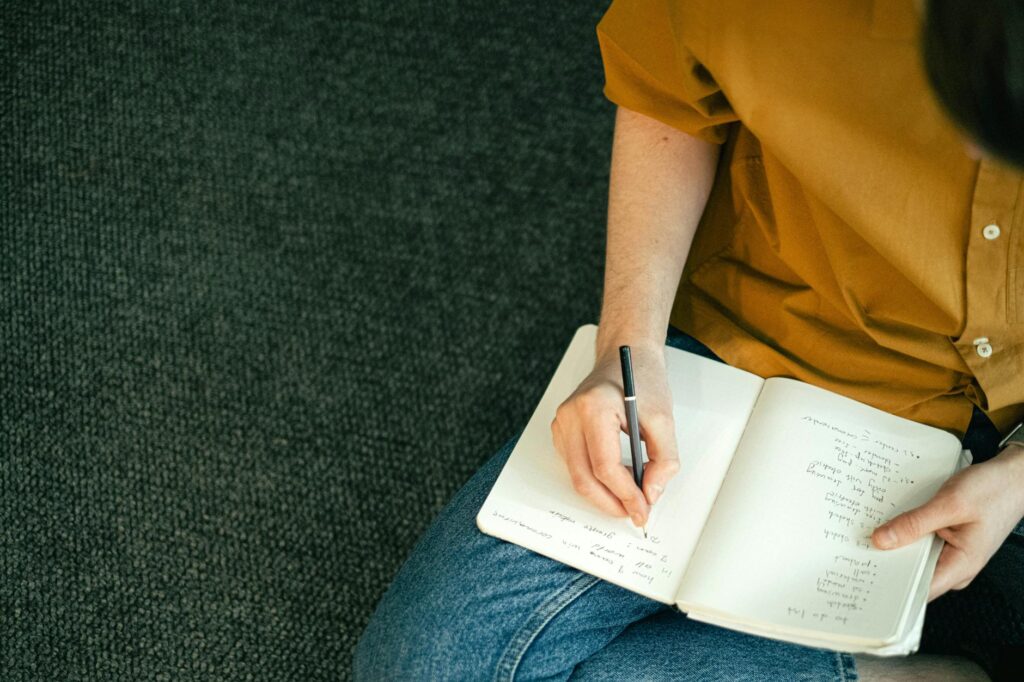What is effective study techniques?

What is effective study techniques?
In the fast-paced world we live in, learning effectively has never been more crucial. Effective study techniques can be the difference between struggling to understand material and mastering it. Understanding how to study effectively can enhance productivity and lead to better learning outcomes. So, what exactly are effective study techniques, and how can they benefit you?
Understanding Effective Study Techniques
Effective study techniques are strategies that help you learn material more efficiently. They not only aid in retaining information but also in understanding concepts deeply. When you apply these techniques, you’re not just memorizing; you’re engaging with the material in a way that builds your knowledge.
Definition and Purpose
At their core, effective study techniques are methods designed to improve your academic performance. They help you absorb information and develop critical thinking skills. Whether you’re cramming for exams or trying to grasp complex subjects, using the right techniques can make a significant difference in your results.
Benefits of Effective Study Techniques
Why bother with effective study techniques? Here are some advantages that make them worth the effort:
- Improved Retention: Techniques such as active recall and spaced repetition enhance memory retention, making information easier to recall when needed.
- Greater Understanding: These techniques encourage a deeper understanding of the material, leading to better application in real-world scenarios.
- Increased Confidence: Mastering the material through effective study can boost your confidence during exams and assessments.
- Less Stress: By studying smarter, you can reduce anxiety around deadlines and tests.
For more insights on the importance of effective study techniques, visit University of Saskatchewan.
Popular Effective Study Techniques
Now that we’ve established what effective study techniques are, let’s explore some widely recognized methods that can elevate your learning experience.
Active Recall
Active recall is a study technique that involves actively retrieving information from memory. Instead of passively reading your notes, you test yourself on the material. For example, after studying a chapter, close your book and write down everything you remember. This practice reinforces your memory and strengthens your grasp on the subject matter.
Spaced Repetition
Spaced repetition is a technique backed by science. It involves reviewing information at increasing intervals over time. This method takes advantage of the psychological spacing effect, where we remember information better when it’s spaced out. You can implement this by creating a study schedule that revisits material after a few days, then a week, and so on. For a detailed look at spaced repetition, refer to Psychology UCSD.
Mind Mapping
Mind mapping is a visual tool that helps organize thoughts and ideas. By creating a diagram that connects different concepts, you can see relationships and hierarchies in the material. This technique aids comprehension and can be particularly useful for subjects that involve complex concepts. Try using colors and images to make your mind map more engaging.

Photo by Ivan Samkov
Implementing Effective Study Techniques
Now that you know some techniques, how can you incorporate them into your study routine?
Creating a Study Schedule
Start by creating a personalized study schedule that includes dedicated time for each effective technique. Break your study sessions into manageable blocks, ensuring you include time for breaks. This structure will help you stay organized and focused.
Setting SMART Goals
One way to enhance your study effectiveness is by setting SMART goals—Specific, Measurable, Achievable, Relevant, and Time-bound. For instance, instead of saying, “I want to study math,” say, “I will complete three algebra exercises by 4 PM tomorrow.” This clarity will keep you focused and accountable.
Overcoming Challenges in Studying
Even with the best intentions, challenges can arise when trying to implement effective study techniques. Here are some common obstacles and how to tackle them.
Procrastination and Distractions
Procrastination can derail even the most organized study plans. Combat this by setting short, focused study periods followed by breaks. Use apps that block distracting websites during study times to keep your focus sharp. Consider finding a quiet space dedicated to studying, free from interruptions.
Maintaining Motivation
Staying motivated can be tough, especially during long study sessions. To keep your spirits high, mix up your study techniques to keep things fresh. Incorporate gamification—turning your studies into a game can make learning more enjoyable. Reward yourself for small milestones to maintain motivation.
Conclusion and Call to Action
Effective study techniques are essential tools in your academic arsenal. By understanding and implementing these methods, you can enhance your learning experience, improve retention, and even reduce study-related stress. So, why wait? Start applying these effective study techniques today and take your studying to the next level.
Explore more study tips at USA.edu. Your academic success is within reach!